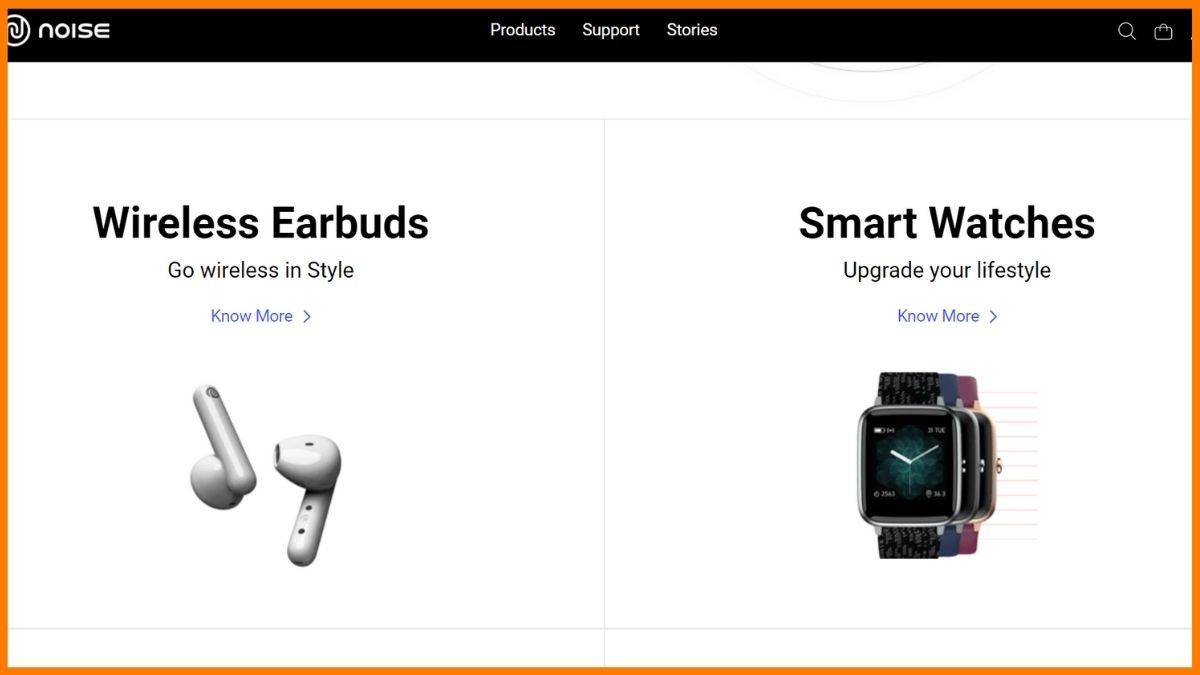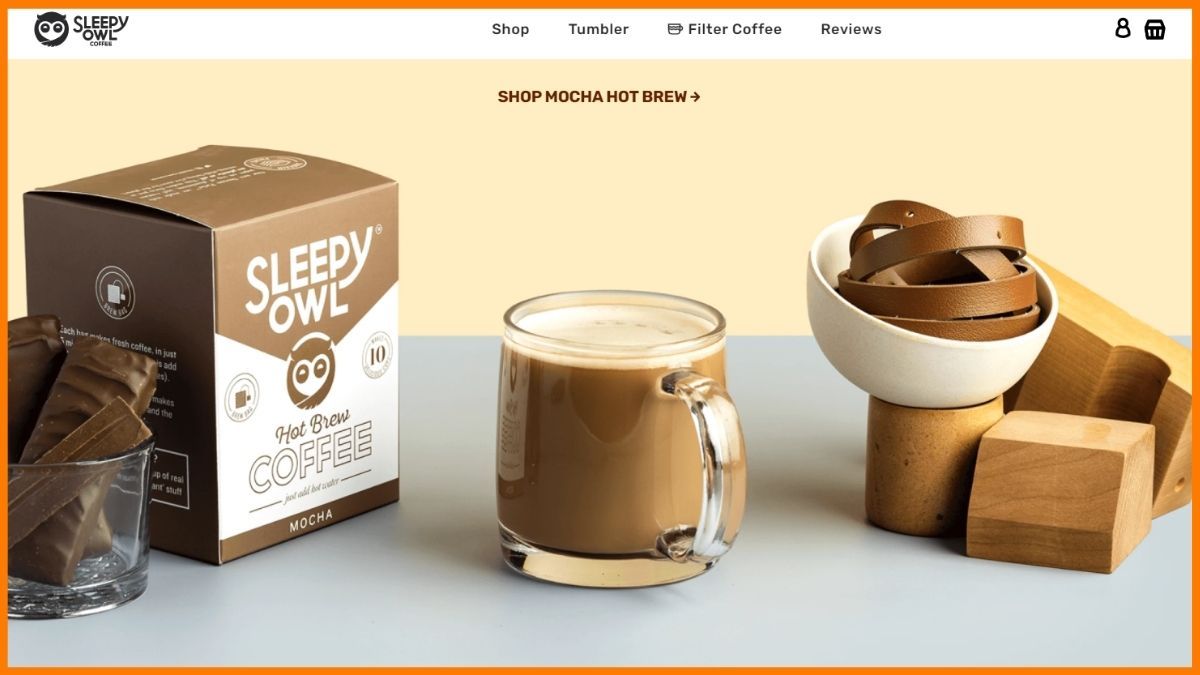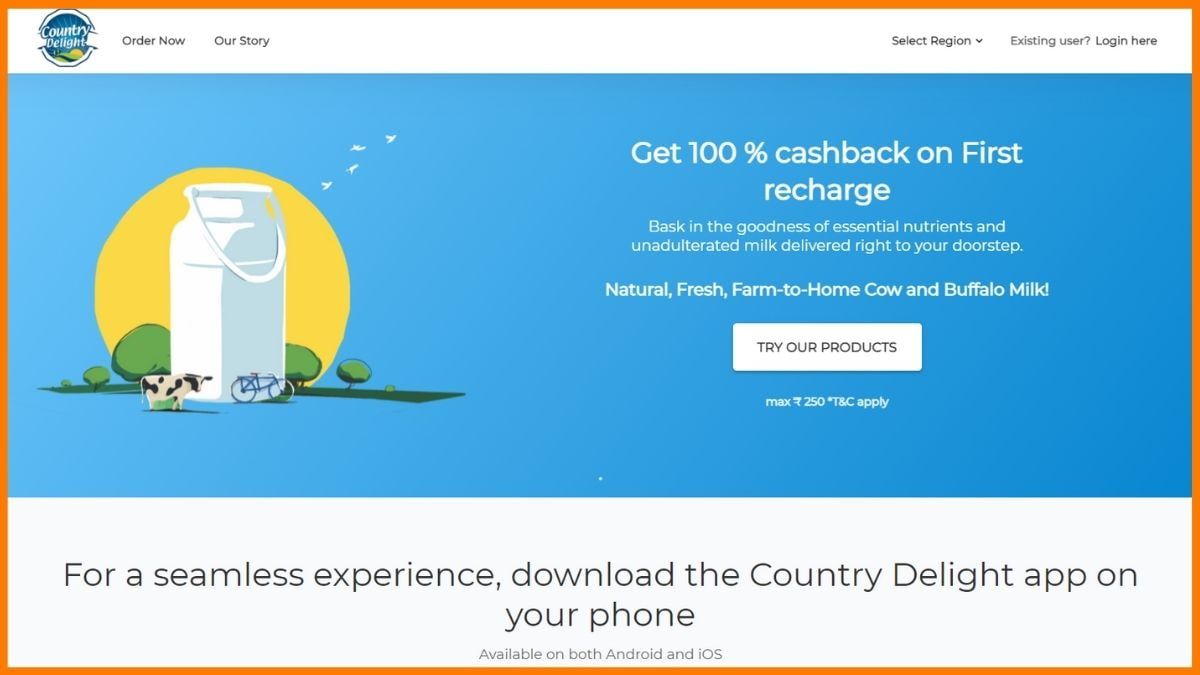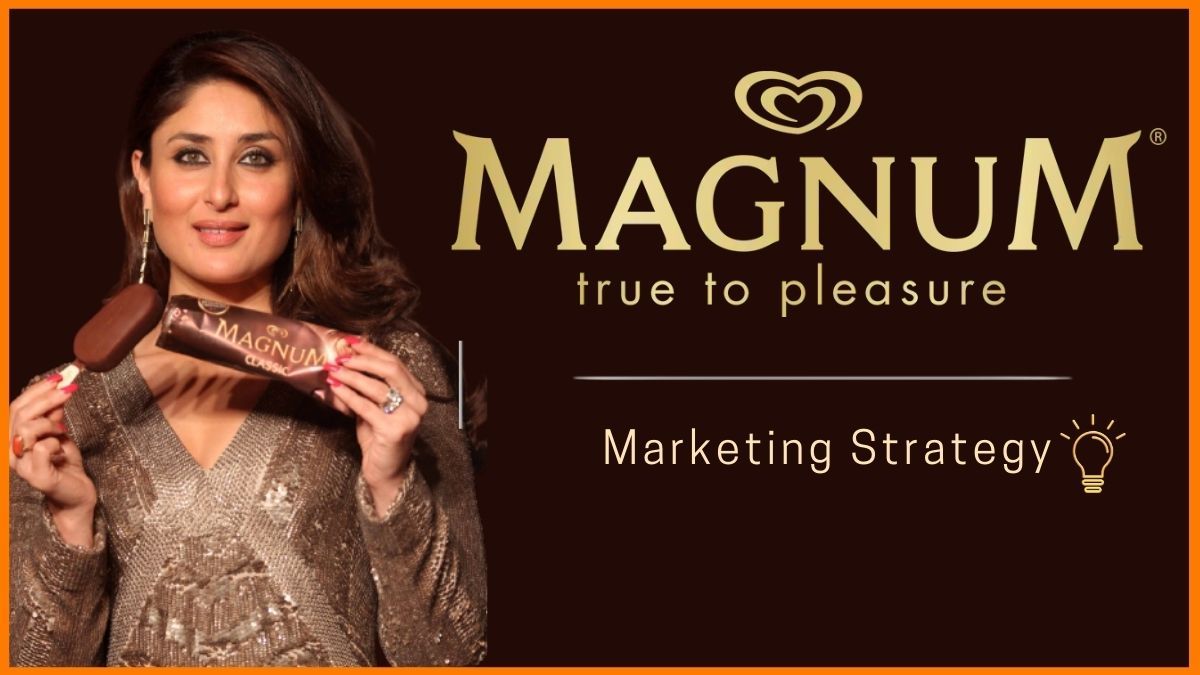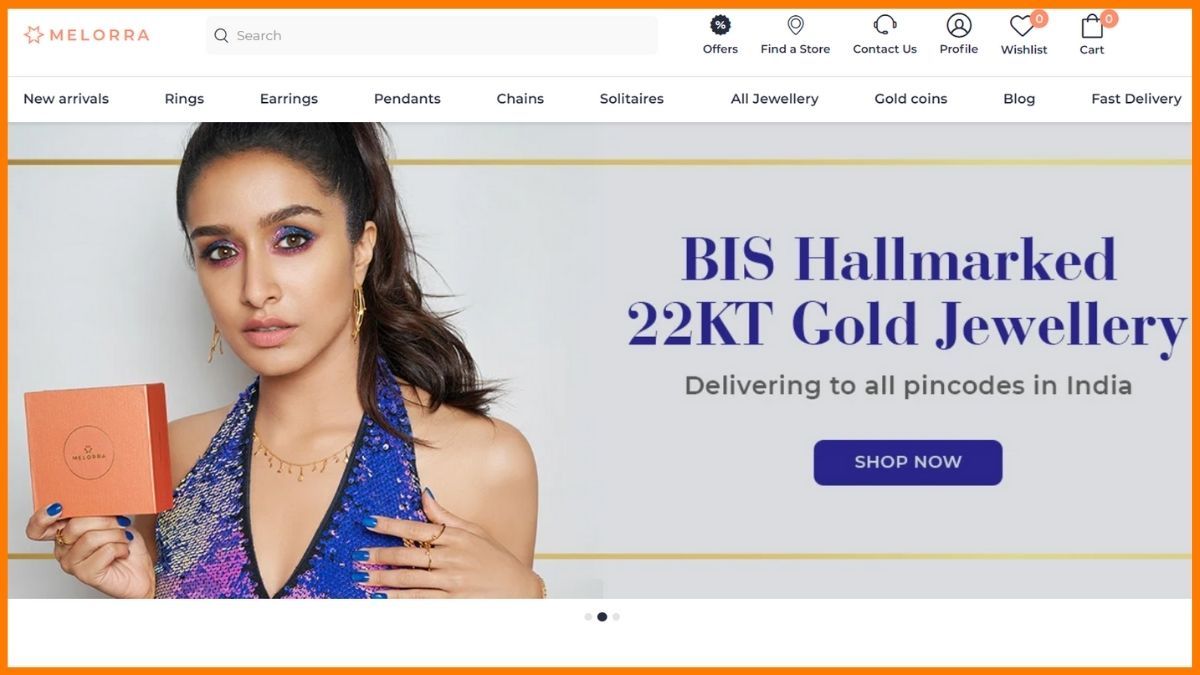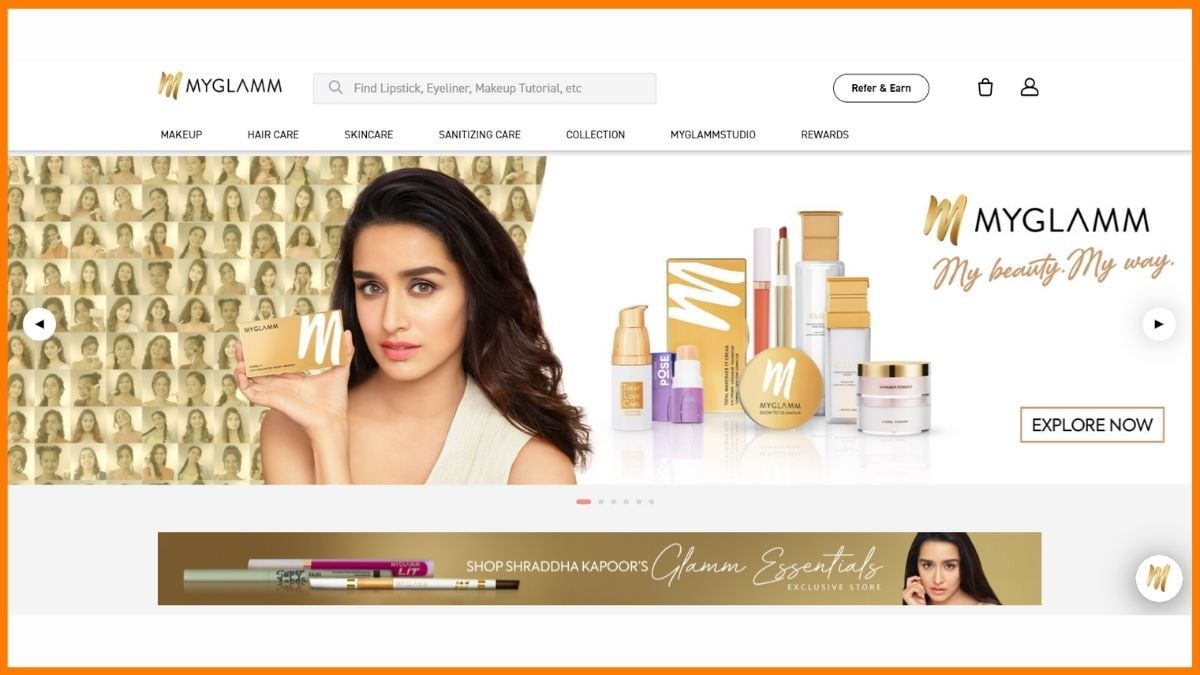In this new Insight series we connect with industry professionals to gain idea on starting and scaling a D2C Brand. It features startup experience, growth hacks, D2C industry highlights and learnings directly from expert!
A little background, D2C brands are companies that built its offering around direct digital marketing channels as opposed to selling through an online marketplace, retailer, or auction site. In D2C (Direct to Customer) business model, any seller/manufacturer willing to sell their products directly to end-customers can set up an online website cum store, or promote the products on various social media platforms eliminating the middleman.
StartupTalky exclusively interviewed Sujata Pawar, Co-founder & CEO of Avni to know her perspectives on D2C Brand & how she and Apurv scaled Avni to over 27 retail stores & served 5,000 women in just 1 year! Founded by wife-husband duo Sujata Pawar and Apurv Agrawal in 2020, Avni provides innovative and eco-friendly menstrual care products.
D2C Brand Avni – Company Highlights
| D2C Startup Name | Avni |
|---|---|
| About | Menstrual Healthcare Startup |
| Founders | Sujata Pawar (CEO), Apurv Agrawal |
| Founded | 2020 |
| Headquarters | Mumbai |
| Industry | Femtech, Health & Wellness |
| Website | myavni.com |
Excerpt from the interview –
1.From where did it all begin? It’d be great to walk through the initial journey of Avni.
Sujata Pawar comes with a background in pharmacy. She was already working on a venture when she had an uncomfortable personal experience using commercially available sanitary pads which led to rashes. She started researching the issue and figured that the only reason for the skin troubles she was facing was the chemical-based pads. She got to know that not only were these sanitary napkins causing skin troubles but also affecting the environment and sanitation workers.
When she wanted to opt for a more sustainable alternative, she learned that there were no products that were viable on all these three grounds. Then she decided to address this gap by launching Avni, a menstrual healthcare startup, which is also environment friendly. Over the period, the co-founders realized that sanitary napkins cannot alone replace all the products that cater to menstrual needs as a lot of women use different products that are causing harm. The brand then launched the Avni Ezeepad and Avni cups.

As an entrepreneur moves ahead, one by one he notices other obstacles too. Along the journey, the co-founders realized that there is less awareness, and more fear due to the lack of reliable support for women when it comes to the choice of products. Thus, the brand launched India’s First 24X7 period helpline accessible via whatsapp/call/sms which will make the transition smooth and help women develop a sustainable period routine. Putting the efforts in the right direction did prove fruitful for the brand. The brand raised INR 65 Lacs in seed funding in April 2021 from WeFounderCircle. All in all, the brand has already reached over 5000 customers.

2. How do you differentiate yourself from other D2C brands in the ecosystem? Highlight the USP, Features & the problems that Avni tends to solve.
Avni has been putting all its efforts towards creating menstrual care products that are skin-friendly, chemical-free, and do not cause any harm to the environment too. While pursuing this ambition, co-founders came across the fact that the traditional methods that women used to follow during periods were way more effective than the current commercially popularized options. For example, cloth-based pads were never harmful, only the use of dirty cotton cloth can cause infection. Digging deeper unfolded the better alternatives and formed the foundation of Avni product line.
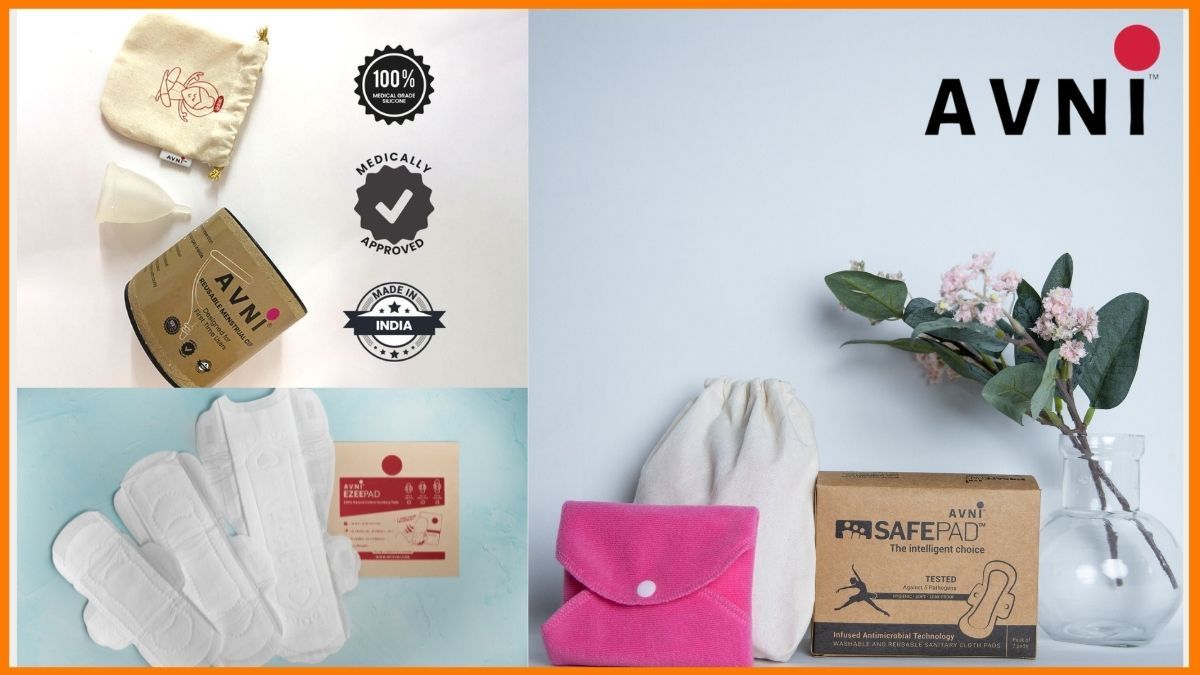
3. The pandemic has posed its own challenges & opportunities. We are intrigued to know how it impacted the D2C industry in general and Avni in particular?
The pandemic did impact all the industries and activities. However, we maintain availability on most of the eCommerce platforms including – Amazon, Flipkart, Snapdeal, 1mg, Qtrove, Shycart, Vayas Sakhi, Upciclo, ThePinkBox etc. However, what intrigued us more during the pandemic was that even the lesser privileged face this monthly cycle and the challenge of unavailability of the products. In order to address the same, we tied up with local NGOs in different regions across the country and ran a drive to educate them and provide the young girls, and underprivileged women with the Avni product kits. Each of the product kits could easily cover their periods for over 4 years.

4. What are the offline & online marketing strategies adopted by Avni? How do you ensure that your D2C brand is known across the nook & corner of the target market?
As we are in a space which is sensitive and has taboos associated with it, we are working on increasing the awareness regarding best menstrual health practices. We conduct live interview sessions with experts from this field who share their views, their experience which could be useful women & girls across ages. As we started during Covid times, we only had online channel at our exposure. One thing that worked in our favor was that ours is an essential commodity. To have reached to various customers, we listed our products in the most common and trusted online platforms in India. We are now present on Amazon, Flipkart, Snapdeal,1 mg, Qtrove, Shycart, Vayas Sakhi, Upciclo, ThePinkBox with presence in few more platforms expected to be completed in the next month.
5. Amongst 1000s of companies in the D2C domain, how did you evolve Avni’s brand identity & create brand loyalty amongst customers?
With information overload these days due to accessibility of internet, everyone is confused on the correctness or authenticity of source. Since our founders are from healthcare background, we wanted to ensure that information passed on by us if authentic and from a verified source. Once we are able to help customers with right set of information, trusts start building which results in long lasting customer loyalty.

6. How does Avni’s supply chain model add value to the company? What does the process look like?
All our products are developed in-house and Made in India, in line with our honorable Prime Minister’s vision of Atmanirbhar Bharat. All our products are manufactured as per our raw material and final product specifications. Once a customer places order, the order is dispatched from our central warehouse after quality checks and customized packaging. With a robust supply chain, we are able to cater to almost 29000 pin codes. Our customers receive emails messages at each and every stage of orders processing, right from order receipt, completion of packaging, pick up of order by courier partners from warehouse till delivery. Our customers also receive phone call if their delivery is missed to reschedule the delivery. This gives our customer visibility of their order status in a transparent manner.
7. How do you ensure a higher degree of personalization/uniqueness in your product range? Are prospective customers surveyed? Is your R&D strong? How do you stay on top of new technologies & changing customer habits?
We introduced our products with the option of customization for customers. Any customer who visits our website, can order Avni Ezeepad pack of 12 based on their preference from available 3 most commonly used sizes. This ensures customer to buy as per their needs. We are constantly in communication with our customers with our helpline number. We communicate with almost 1500 customers every month via our helpline taking their feedback and views on the products and sharing information available with us. These inputs along with our panel of experts are continuously working on developing new products, bringing in changes in the existing product to improve customer experience and interactions with Avni
8. What metrics do you analyze to compare your performance from that of your competitors & previous periods?
For us, the simplest way to analyze our performance in the track to growth is new customers every month and the number of repeat customers. More than 5000 customers and a repeat percentage of almost 30%, gives us motivation to keep on creating much better product and experience.
9. It’d be great if you could share any Advice/expert’s opinion/findings on the D2C ecosystem in India. And what do you think is the future of this industry? What should the budding entrepreneurs have a look out for?
D2C space in India is evolving at a fast pace. Internet has been a boon for this industry and consumers are now well aware and well read about products, the options they have and pros & cons. India has witnessed huge growth in customers shopping online. This has given all start-ups like us to showcase products across wider set of audiences without much hassle. There is a huge scope to introduce new concepts and products in the Indian market. In our opinion, all budding entrepreneurs should just grab the opportunity as any time is right time to start.















